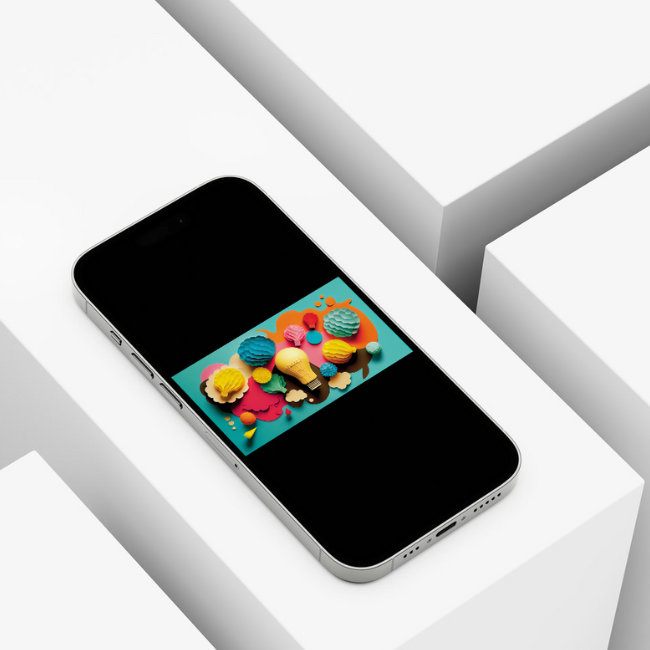The selected teams will take part in an intensive 6-month training and testing programme organised by the European Digital Education Hub. For this third edition of the Digital Education Accelerator, the 8 successful teams were selected from 46 candidates coming from 20 EU countries.
The themes for the innovative digital education solutions this year were:
Digital transformation in education
Future skills and competencies
Green education and sustainable development
Τhis year’s selected innovations target different levels of education from early childhood education to adult education, reaching also to special needs education, non-formal education, home schooling and workplace education.
ALPACA (Ireland). An AI-driven tablet-based game for children to optimise performance and early detection of literacy challenges, enabling early intervention.
Codesters.club (Estonia). A digital product development programme for students in secondary education. The programme trains both soft and technical skills and allows them to explore various business roles to find their best fit.
Fortissimo (Italy). Fortissimo introduces children to classical music through a fun gaming experience. It combines technology, multimedia learning, and guided lesson plans for teachers to enhance music education.
Elina (Tinyapp) (Finland). An AI-powered tool for early childhood education that supports children's growth. The tool offers educators personalised information on age-appropriate activities and enhances interaction skills and guardian cooperation.
Kialo Edu (Germany). A platform to revolutionise classroom discussions by mapping out arguments and breaking them down into claims. The platforms enables instant student contributions, empowers quieter students, enhances critical thinking, and allows teachers to monitor discussions.
Archipel (France). An educational video game for cycle 3 learners that uses a playful approach to enhance math skills through quizzes. The video game offers interactive and personalised learning paths to boost engagement and knowledge retention.
Spotiself (Lithuania). A digital career guidance platform for counsellors and teachers that supports student growth and goal-setting using a continuous improvement cycle. The tool helps students understand themselves and develop decision-making skills for their future choices.
Bit&R (Romania). An adaptive education platform that enables K-12 students to learn programming by creating and sharing games. The platform uses generative AI to guide learning paths, assist students, and inform teachers about each student's progress.
Source: https://education.ec.europa.eu
